*Based on a true story.
It was raining that morning at the river crossing, little circles forming on the surface of the muddy water. Sampson* and his brothers, Elshaddai* and Yaw,* were traveling with an older man, getting ready to cross over.
It had only been a few months since their parents died, but it felt much longer. They had lived with their grandmother for a short time, but then a traveling businessman named Obed* had noticed the poverty of their situation and taken pity on them—or so they thought. He had offered to let the boys stay with him in his neighboring village, where he promised to help them further their education.
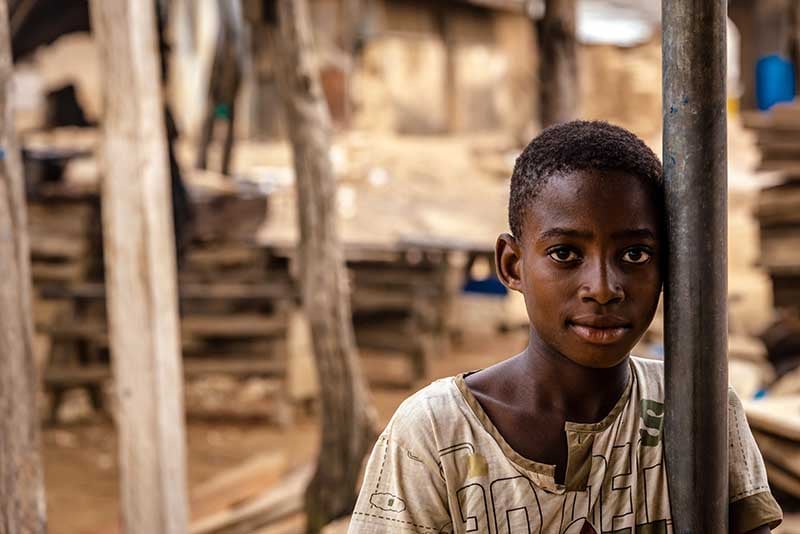
People in Sampson’s village didn’t often have the means to travel or pursue higher education. Obed’s offer seemed like a rare and special opportunity at the time—surely he must have seen something promising in the young boys to take them on like this.
Sampson remembers his grandmother holding him tight when they said goodbye, hot tears on the back of his neck, whispering: “You will do great things one day.”
They traveled with Obed to his village, excited for the possibilities ahead. Sampson at 13 thought he might like to study medicine one day and become a doctor; Elshaddai, 11, wanted to teach; and little Yaw, only 9, wanted to be a movie star. Perhaps leaving their small village would be the stepping stone to achieving those dreams.
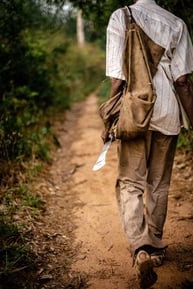 Upon reaching Obed’s house, the boys found it was much smaller than he had described it, but that didn’t seem to matter too much.
Upon reaching Obed’s house, the boys found it was much smaller than he had described it, but that didn’t seem to matter too much.
In the morning, Obed explained that they could go to school next week, but first they had to help him with some fishing. He said it was a very small thing for them to do when he was helping them out so much. They spent that whole first week mending his fishing nets because he said his fingers were too big to do it himself and theirs were the perfect size.
The second week, he said he needed a bit more help with work before they could go to school, so the boys obliged. They had never worked with fishing nets before and thought they were probably very slow—they could understand him being upset that the work wasn’t finished yet.
But by the third week, the nets were done, and Obed still wouldn’t let the three boys go to school. Instead, he had another project for them, cleaning his boat. Sampson could see that his siblings were tired from the work and decided that as the oldest brother, it was time to speak up. He told Obed that they weren’t going to do his work anymore, and they needed to go to school like he’d promised.
Obed had slapped him hard across the face. “You’ll do what I say.”
Where was the kind man who sympathized with their plight back in their home village? Sampson began to wonder if Obed had ever intended for them to go to school in the first place.
So here they were, at the river crossing in the rain, glumly preparing to cross with Obed.
Sampson looked around at all the other people crossing the river. Did anyone notice that they weren’t related to this man? Did anyone notice that something was wrong? Everyone passing by seemed so focused on the task at hand. No one paid the three boys any attention.
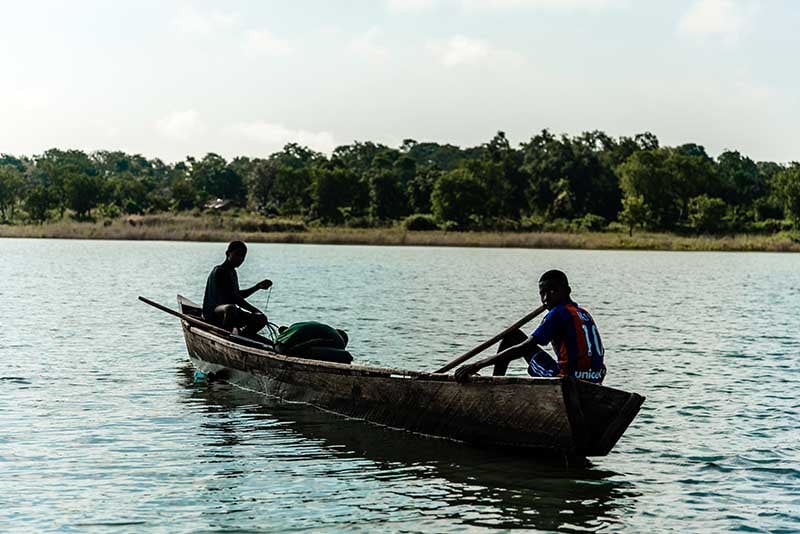
Obed cursed suddenly and put down the load he was carrying. “I need to go buy more fuel. Wait here.”
The brothers looked at each other. Could they run? Where would they go? Sampson thought about asking for help, but everyone around them seemed too busy to care.
Obed returned from purchasing fuel, and they boarded the boat to cross. Sampson picked up a stone, feeling how smooth it was in his palm, and looked out again at the people still milling about on the riverbank.
“Quit fooling around and help me load up,” Obed snapped at him. Elshaddai and Yaw shuddered and obeyed.
This would be their lives from now on. Sampson looked down at the stone in his palm again and threw it in the river.
—But what if…
So here they were, at the river crossing in the rain, glumly preparing to cross with Obed.
Sampson looked around at all the other people crossing the river. Did anyone notice that they weren’t related to this man? Did anyone notice that something was wrong? Most of the people passing by were so focused on the task at hand, but he saw one woman watching them nearby.
Obed cursed suddenly and put down the load he was carrying. “I need to go buy more fuel. Wait here.”
The brothers looked at each other. Could they run? Where would they go? Sampson thought about asking for help and looked over to the woman who had been watching them. Their eyes met, and she immediately started walking towards them.
Sampson nervously scanned the area to see if Obed would notice this stranger approaching. “Why are you boys not in school?” the woman asked. (Pictured: LJI monitors in Ghana)
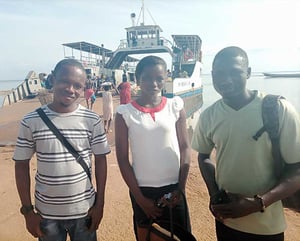 Sampson hesitated, not wanting to get in trouble with Obed but desperately wanting to ask for help. The woman saw his unease and gently assured him that she only wanted to make sure they were okay.
Sampson hesitated, not wanting to get in trouble with Obed but desperately wanting to ask for help. The woman saw his unease and gently assured him that she only wanted to make sure they were okay.
What did they have to lose? Their lives were already miserable. Sampson shared their story, unable to finish without breaking into tears. Elshaddai and Yaw started crying too.
Obed returned at this moment to see the boys crying in front of this stranger. The woman introduced herself to Obed, asking what his relation was to the children and why they weren’t in school.
Obed replied angrily, “Work is their only means of survival. You have no right to tell me how to raise children.”
“If you are the rightful guardian to these children, then you won’t mind me calling the authorities to verify your story,” she replied calmly.
She pulled out her phone, started dialing, and Obed just ran away. Sampson and his brothers looked at each other in disbelief.
The woman paused for a moment, still holding the phone, watching Obed run away. Sampson had a sudden, panicky thought: Would she too demand labor to repay this kindness?
But then she asked if he knew their grandmother’s phone number; he gave it and the woman called and explained what had happened. When she hung up the phone, she was smiling.
“Let’s get you boys home.”
—
This is a world with and without our monitors. This story could have ended in slavery and oppression like the fate of so many others, but because of our monitor’s watchfulness, these boys were reunited with their grandmother. They are currently living a life of freedom.
There are more river crossings left unwatched—along with borders, train stations, airports, etc. You can be a part of placing our monitors in these strategic locations so that vulnerable people like Sampson and his brothers can be intercepted before they are trapped in slavery. You have the power to change a life. Will you use it?
*All data and statistics current at the date and time of publishing. Names changed, and some specific locations excluded for privacy and security purposes.
-1.png?width=500&height=500&name=LJI_MAINLOGO_WhiteBackground%20(1)-1.png)
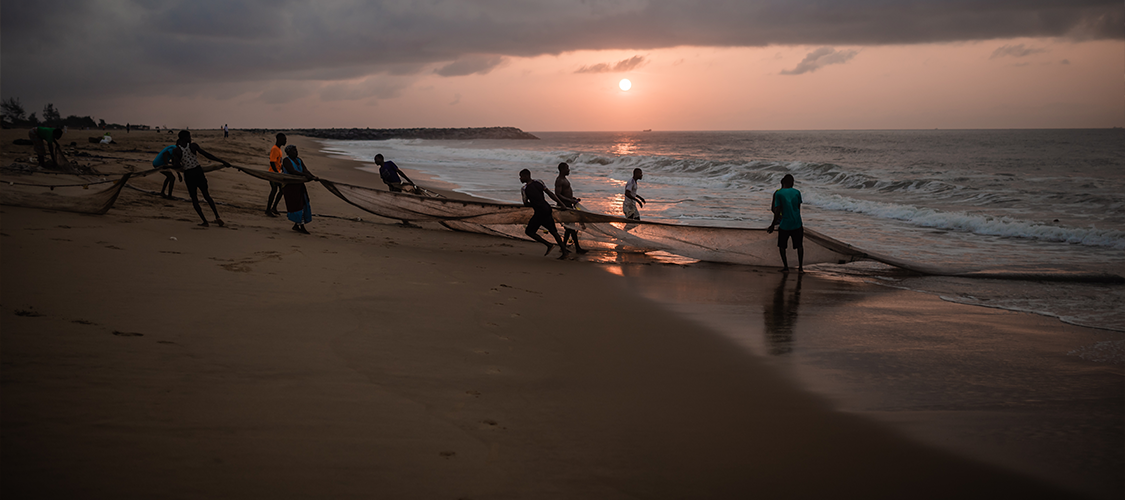
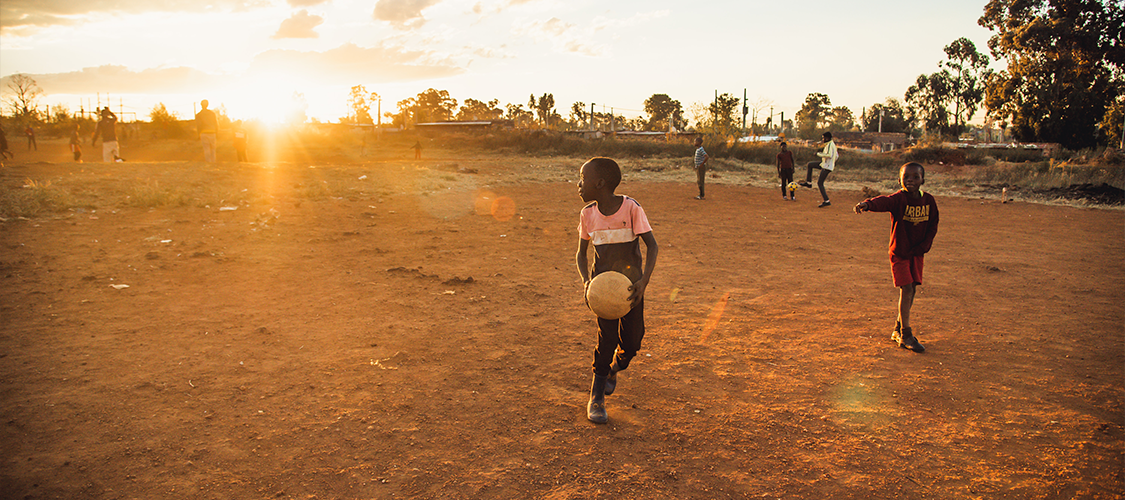

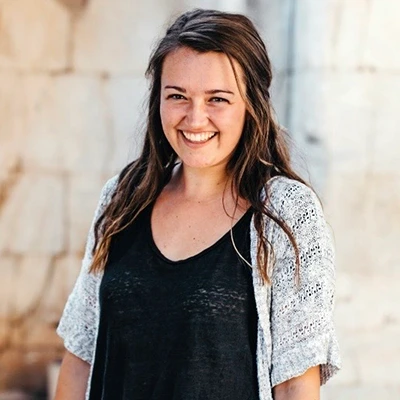

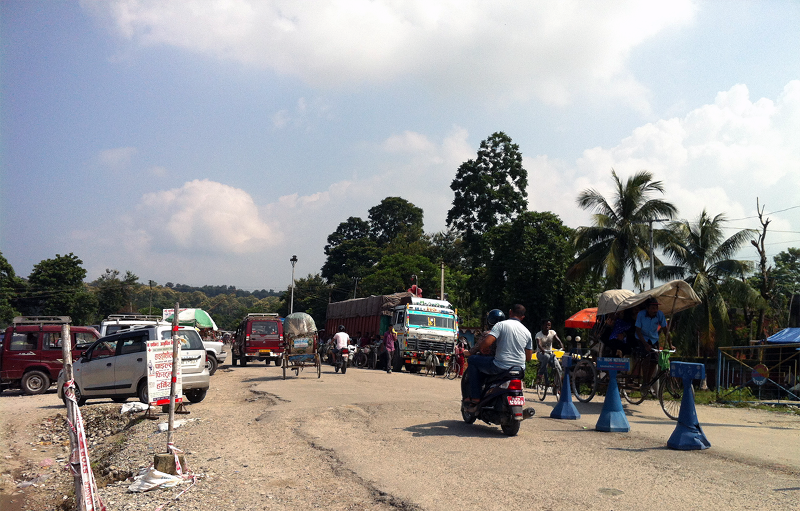
/bimala_feature_blog.webp)
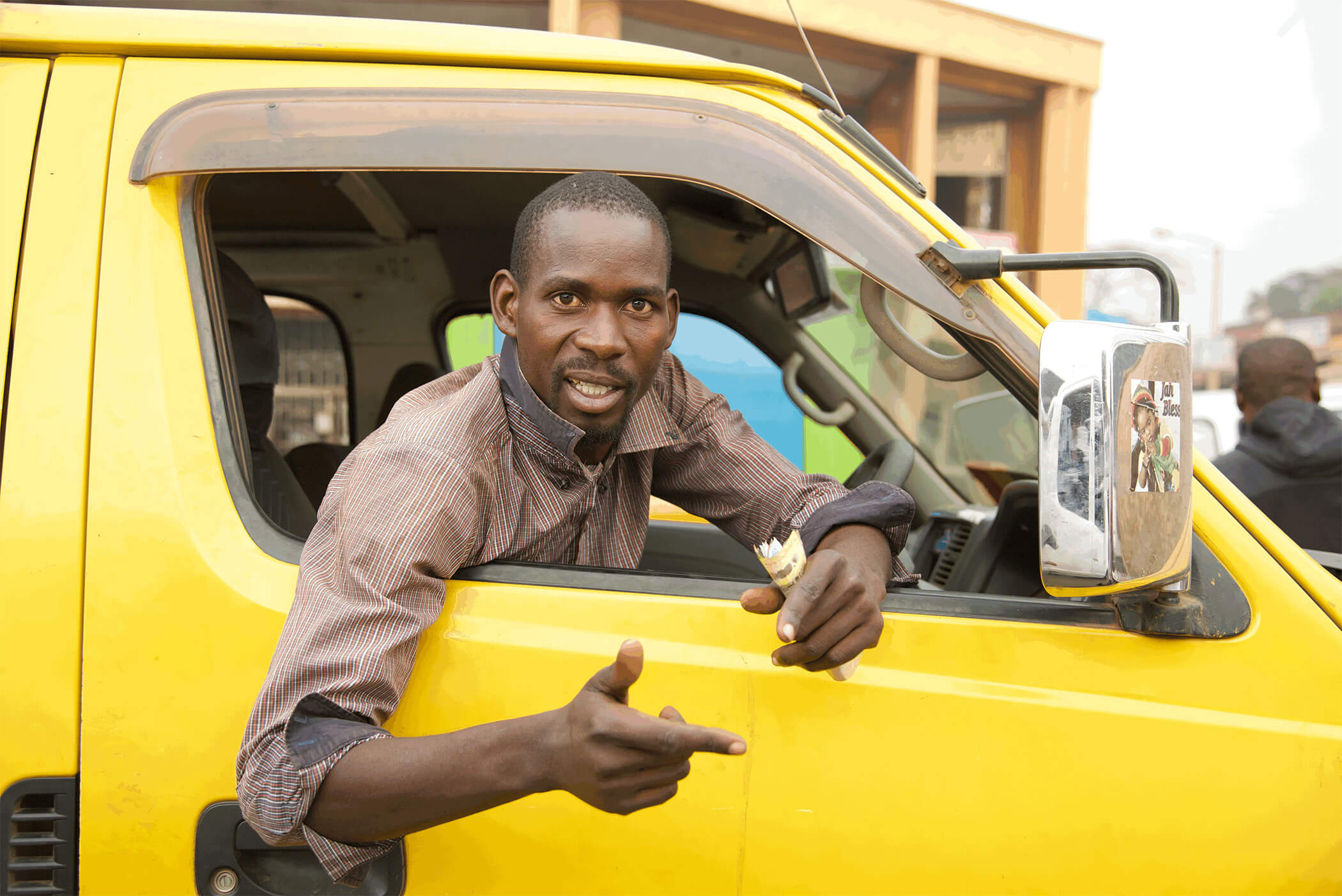
/boy_girl_asia_streets.webp)
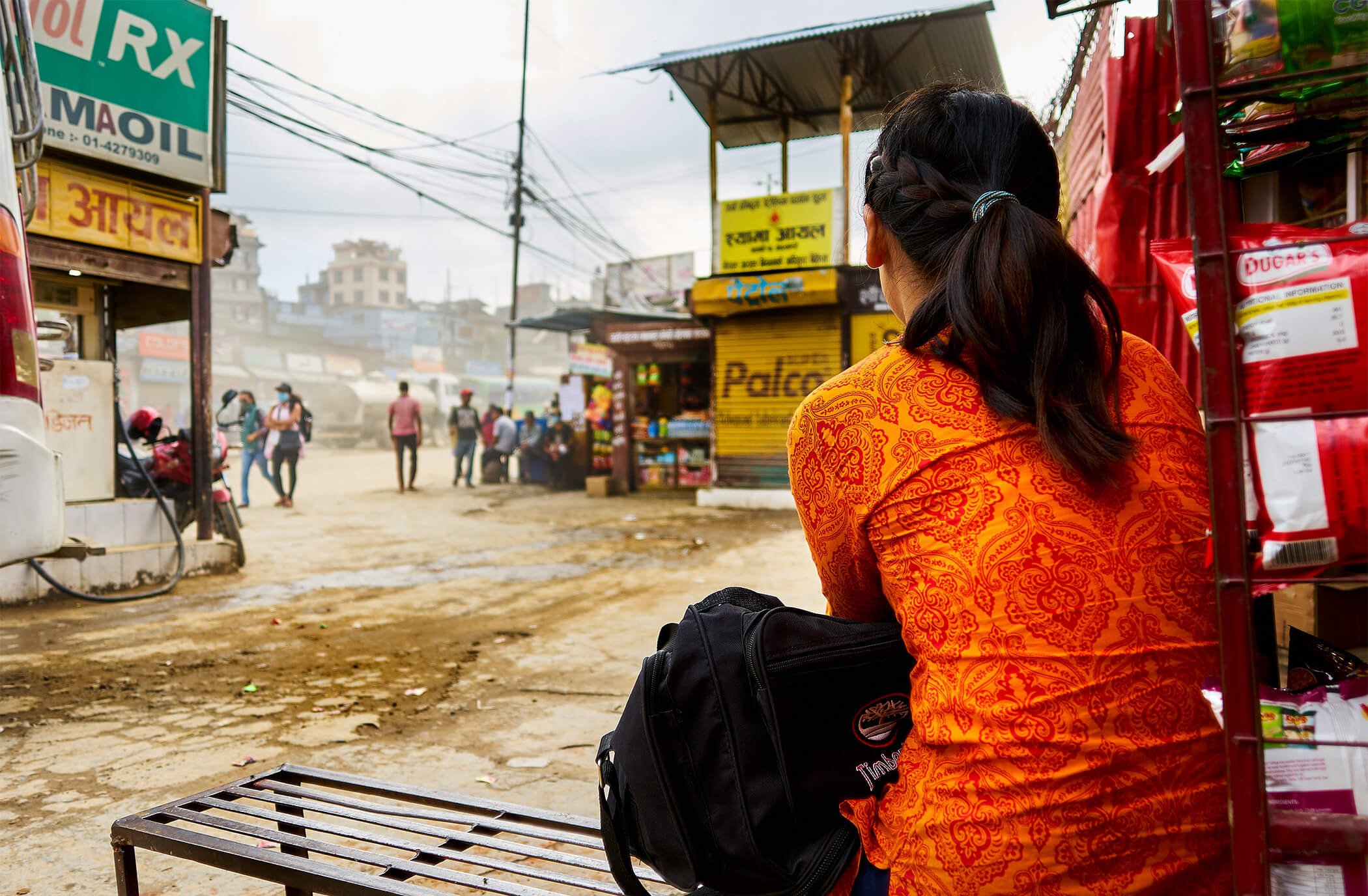
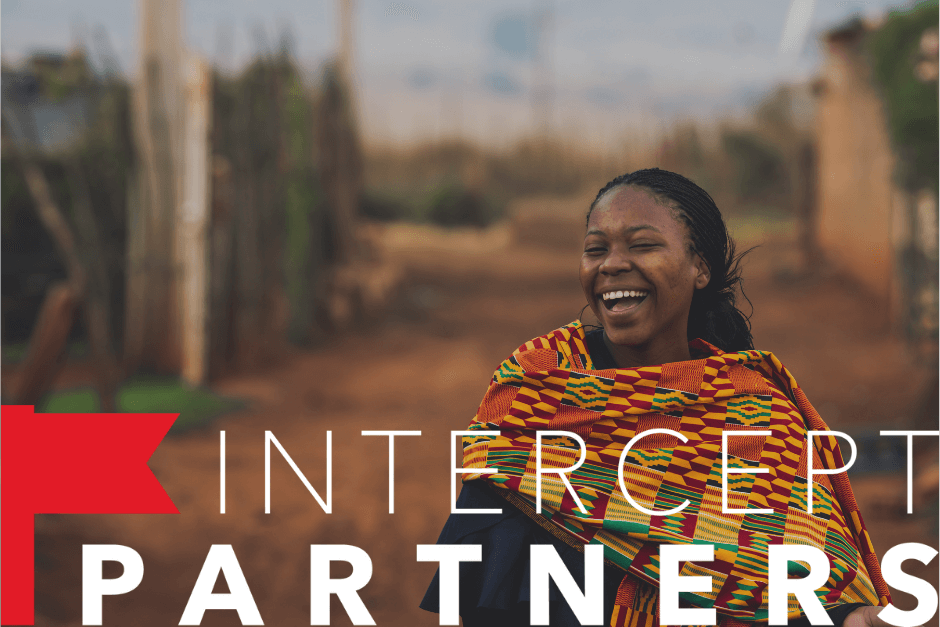



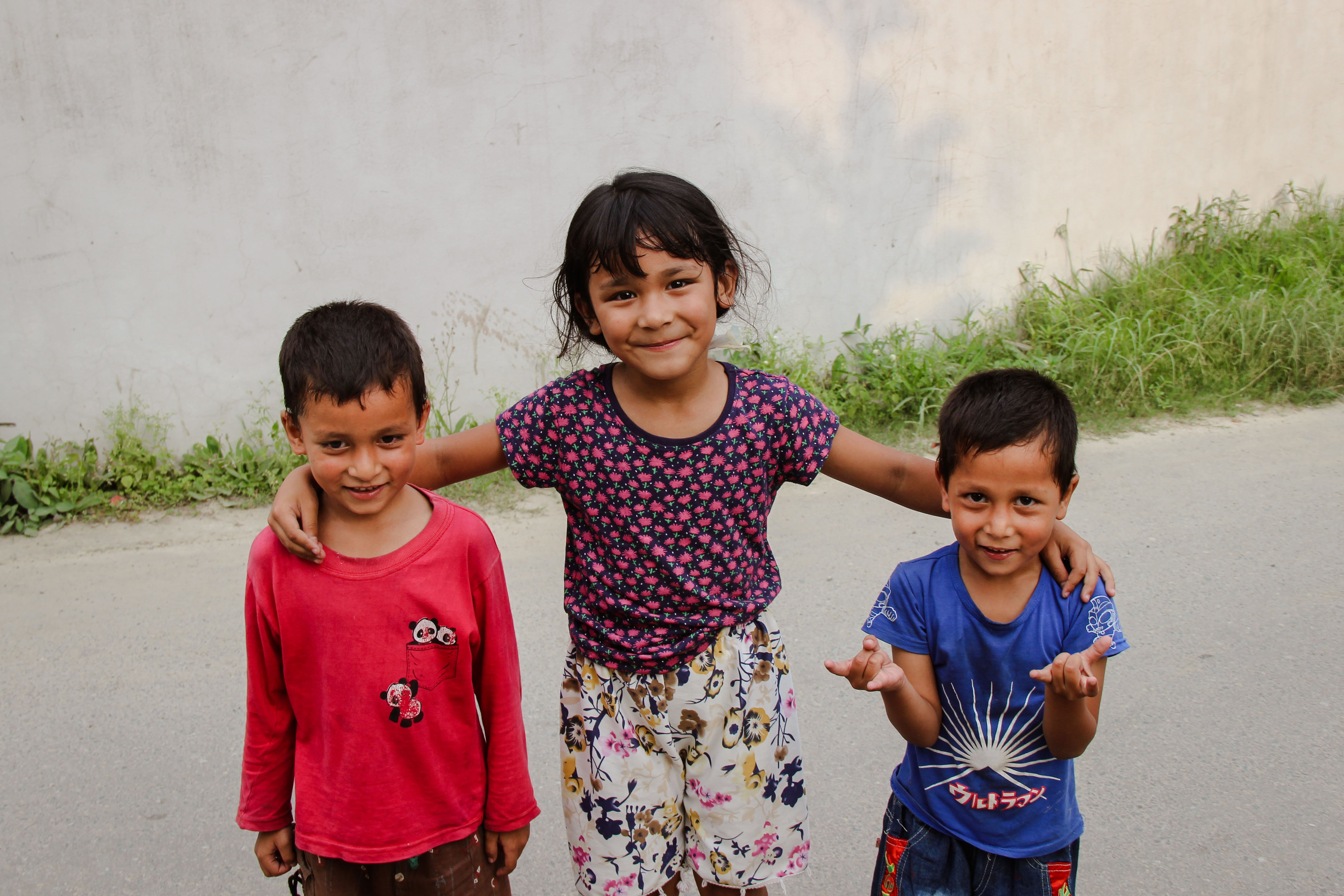
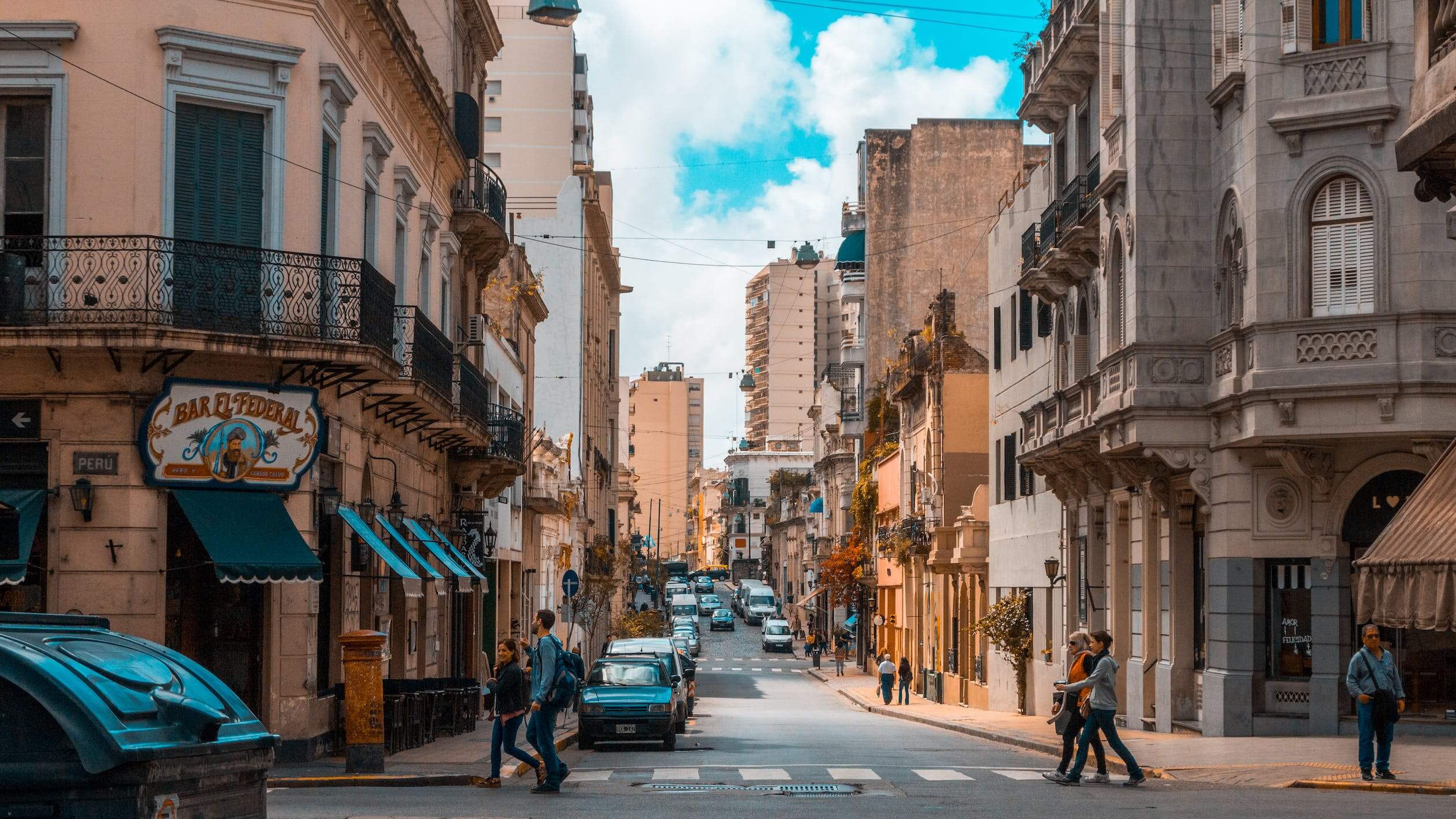
/LJI-YearEndImages-AfricaGirls7.webp)

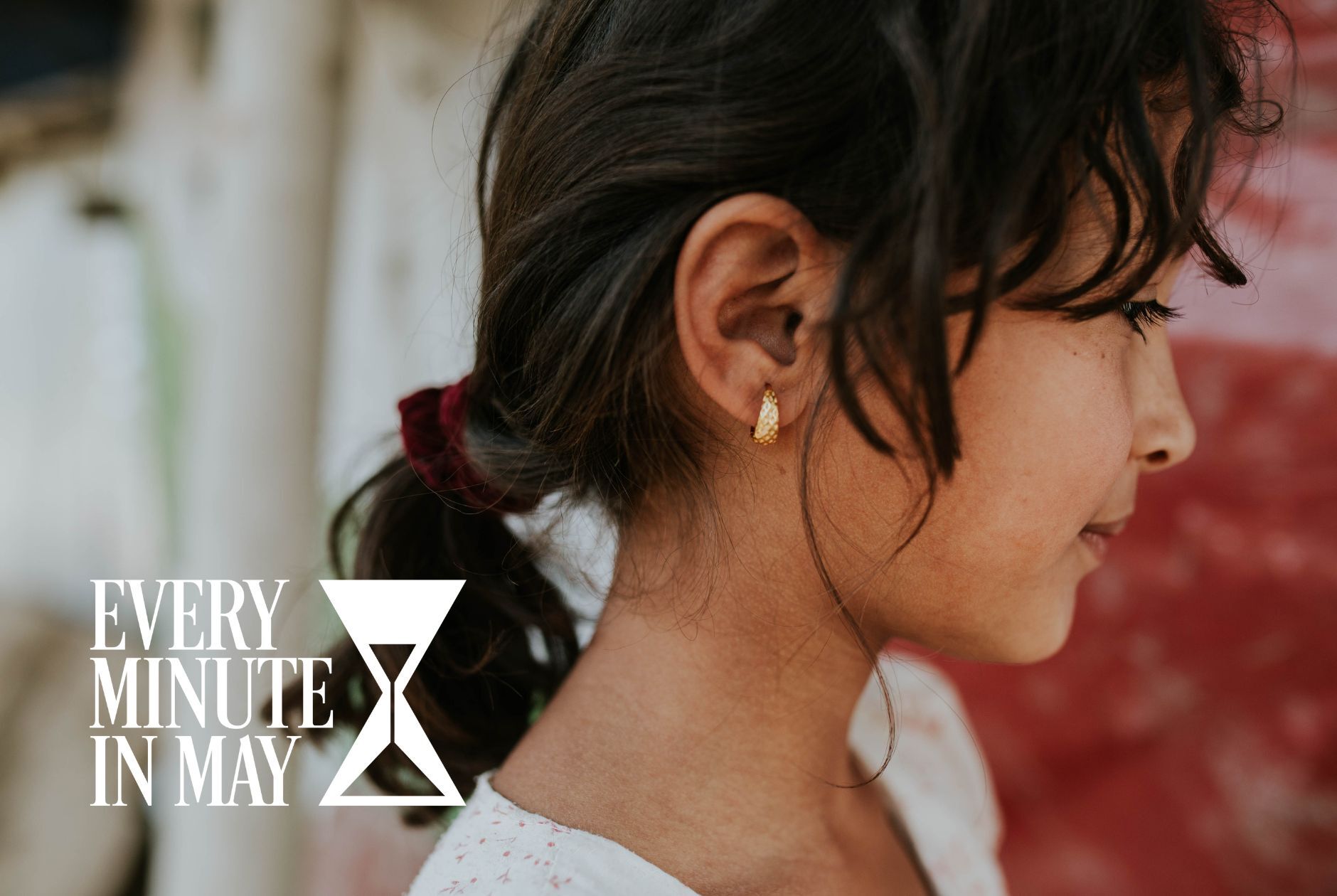
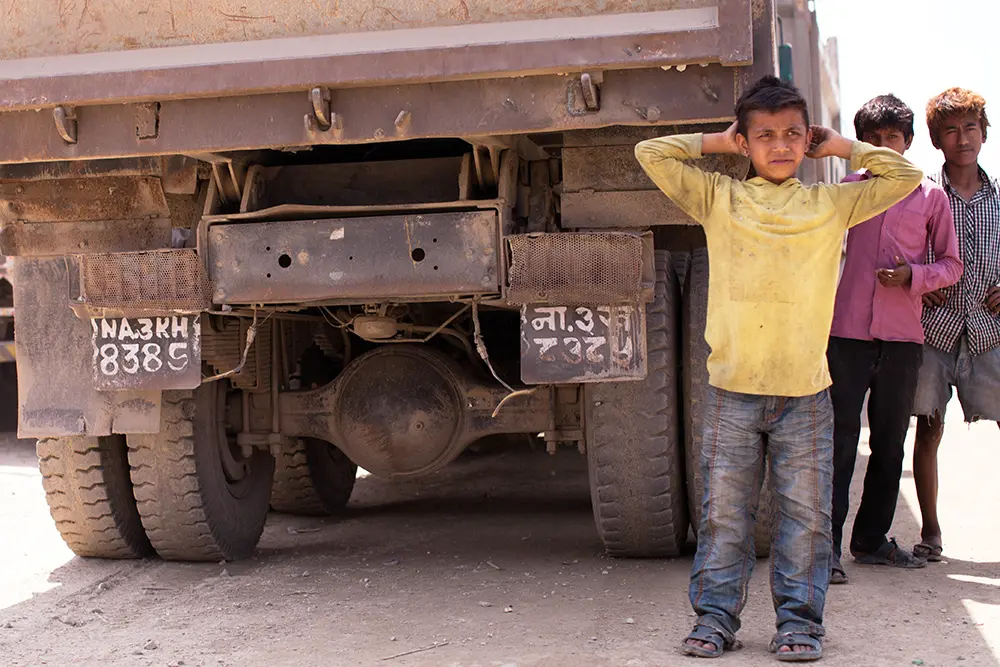
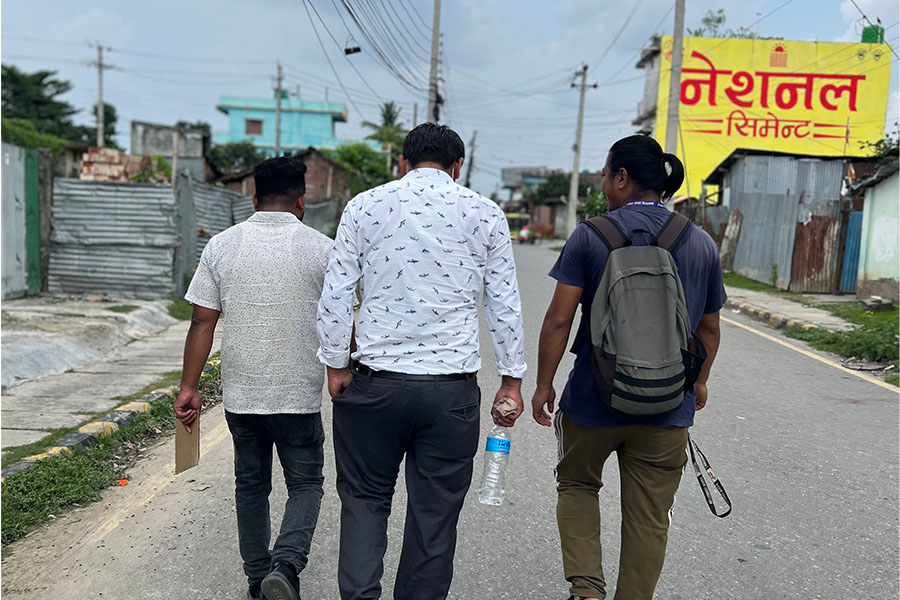



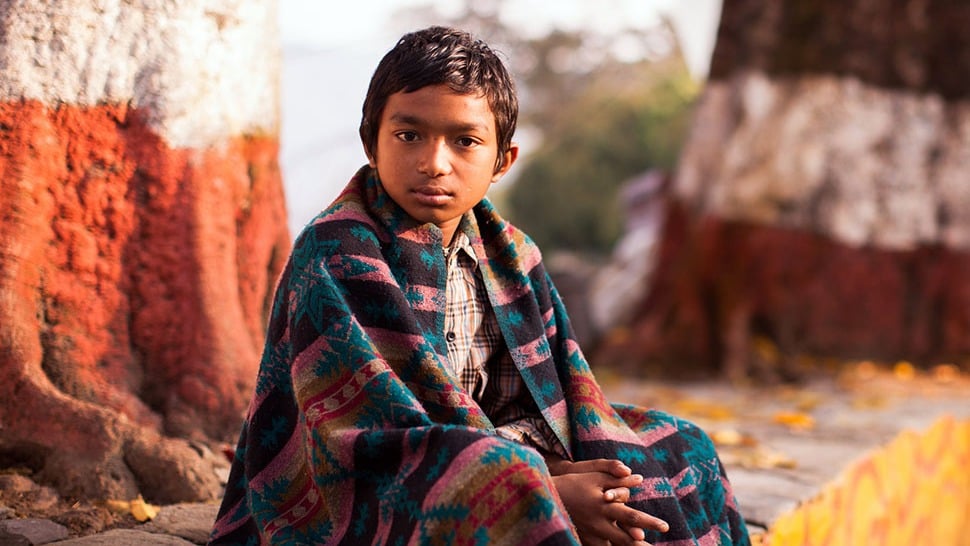




Post a comment